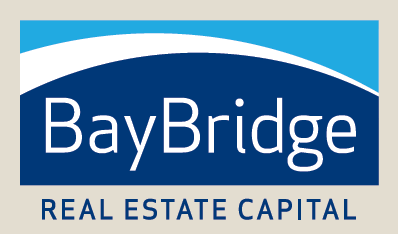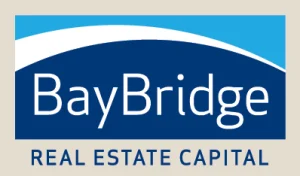What’s Happening in Retail Markets?
Today’s metrics will tell you the retail sector is in shambles. However, a nuanced examination of recent performance reveals a mixed picture. While sales volume and investment activity in April 2023 are down 75% compared to the same period last year, it’s important to remember that the exceptional rebound experienced in 2022 was fueled by […]
New Opportunities Caused by the Industrial Boom
Over the past few years, there has been an explosion of demand for industrial commercial real estate. This trend can be attributed to online shopping emerging as a convenient alternative to traditional retail. The pandemic and national lockdowns crippled retail and brought industrial demand to a new level entirely. In addition, shipping costs and supply […]
Current Commercial Real Estate Market Conditions
Any historian worth their salt will tell you that history repeats. Patterns of similar thought and behavior can be identified throughout human history across cultural and generational boundaries. The same applies from an economic standpoint. Markets are cyclical, and there is much to learn from the past. Luckily for us, in 2023, we can observe […]
BayBridge Real Estate Capital Arranges $131.72 Million For Florida College Campus
NEW YORK, March 20, 2023 – BayBridge Real Estate Capital secured a $131 million loan for Everglades College, the parent entity of Keiser University, to purchase nine suburban office properties in South Florida. The loan enabled the institution to acquire approximately 543,000 square feet of space that it occupies for classrooms, labs and administration offices. […]
Is Your Bank Running? You Better Go Catch It…
It’s bidding day! The FDIC is selling Silicon Valley Bank and Signature Bank, and the bids are due today. Only bidders with existing bank charters (and a little luck o’ the Irish) will be given access to the bank’s financials, when deciding whether to make an offer. This gives existing lenders the upper hand on […]
BayBridge Real Estate Capital Sources $85 million For South Florida Luxury Apartments
NEW YORK, Sept. 12, 2022 – BayBridge Real Estate Capital today announced it secured an $85 million loan to help Invesca Development Group complete construction on PIXL Plantation, a 330-unit luxury apartment building located five miles west of downtown Ft. Lauderdale, Fla. Located in the Sunrise Boulevard corridor between Florida’s Turnpike and State Road 7, […]
BayBridge Real Estate Capital and Las Olas Capital Source $40MM Acquisition Loan for Everglades College
NEW YORK, August 4, 2022 – BayBridge Real Estate Capital today announced it worked with Las Olas Capital to source financing for Everglades College, Inc., to purchase two office buildings. Everglades College is the parent company of Keiser University. The office buildings are located at 1900 W. Commercial Boulevard and 1500 NW 49 Street in […]
BayBridge Real Estate Capital Arranges Financing for an MC Hotel in Montclair, NJ
BayBridge Real Estate Capital’s Jay Miller, AJ Felberbaum and Spencer Miller arranged financing for a hotel property in Montclair, New Jersey. Loan profile: Refinance Property: The MC Hotel, located at 690 Bloomfield Ave, Montclair, NJ. The hotel is a part of Marriott’s Autograph Collection. Sponsorship: The Hampshire Companies is a privately held, fully integrated […]
BayBridge Real Estate Capital Arranges the Refinancing of New Jersey Hotel
Article from The Commercial Observer: https://commercialobserver.com/2022/07/hall-structured-finance-refis-new-jersey-hotel-with-46m-loan/
Hall Structured Finance Closes Loan to Refinance The MC Hotel in Montclair, NJ, Financing Sourced by BayBridge Real Estate Capital
Article from HotelBusiness.com Hall Structured Finance closes loan to refinance The MC Hotel in Montclair, NJ Dallas-based Hall Structured Finance (HSF) has closed a first mortgage bridge loan to refinance the MC Hotel, an Autograph Collection by Marriott property located in Montclair, NJ. The MC Hotel was developed by a joint venture between The Hampshire […]

